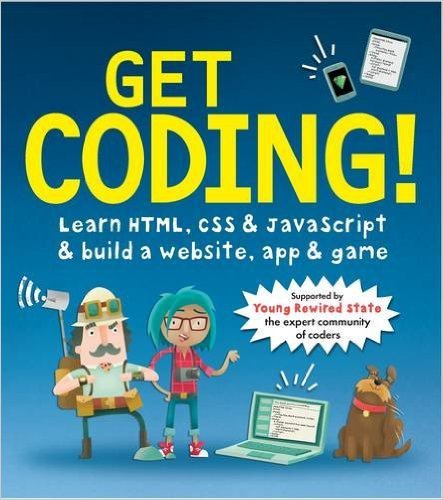Filters
Clear allSubject
Age range
Type
- Activity sheet (5) Apply Activity sheet filter
- Assessment (1) Apply Assessment filter
- Information sheet (1) Apply Information sheet filter
- Presentation (2) Apply Presentation filter
- Teacher guidance (6) Apply Teacher guidance filter
- Video (1) Apply Video filter
- (-) Remove Include Physical Resources filter Include Physical Resources
Showing 19 results
The cs4fn magazine is a magazine on the fun side of all things to do with computer science. The authors write up computing research in a fun and accessible way that puts across their enthusiasm for the subject. Unplugged computing, computational thinking and practical applications of computers in many areas are...
This worksheet challenges students to answer a series of questions themed around calculating the volume of products. It provides worked examples, examiners top tips and answers to each question. The resource is useful for teaching maths content in design and technology, or as a maths activity sheet.
This resource teaches students how to code through a series of physical computing and practical activities which explore the essential role engineers have in search, save and rescue missions.
This resource is designed to provide practical and contextualized applications where people can see the role that...
"Computing isn't about computers" - this quote from one of the CS4FN authors, Paul Curzon, should give you an idea about the resources in this collection. Designed to inspire, these activities are about people, solving puzzles, creativity, changing the future and, most of all, having fun. Magic tricks, philosophy,...
This booklet is an example of a programme of study for ICT and Computing produced by Matt Britland. The programme contains details of the ICT strands and aims and fourteen original projects for students in years 7-9. Each project includes a link to a presentation that...
This presentation is a step by step guide to AppShed. AppShed is a free online tool, that allows students to create mobile apps for iOS and Android. This PowerPoint scaffolds the production of a film information app, but could easily be adapted for another project. The resource is aimed at students aged between 11...
Design Club is a social enterprise set up to help children become design thinkers. We create industry-standard resources to help people run design thinking clubs and workshops for 9-13 year olds.
This set of resources contains everything you need to run a Design Club taster project: worksheets, a delivery...
The national strategy for Key Stage 3 is mounted by the Department for Education and Skills (DfES) and supported by a national team. The aim of the strategy is to raise standards by strengthening teaching and learning, developing cross-curricular skills such as literacy and numeracy, helping pupils who come into...
The national strategy for Key Stage 3 is mounted by the Department for Education and Skills (DfES) and supported by a national team. The aim of the strategy is to raise standards by strengthening teaching and learning, developing cross-curricular skills such as literacy and numeracy, helping pupils who come into...
Developed by the National Centre for Computing Education, these question banks can be used with key stage 3 computing and GCSE computer science students.
The question banks linked below focus on design and development.
How to use these question banks?
Two sets...
This Challenge Pack, from the British Science Association, aims to give students aged 11-16 and their teachers and educators support to create a science, technology, engineering or maths (STEM) project that they can enter into the National Science + Engineering Competition.
Through creating a project, young...
A booklet containing lots of generic programming theory. The topics include:
- What is a program?
- High level languages and machine code
- Design methodologies ...

